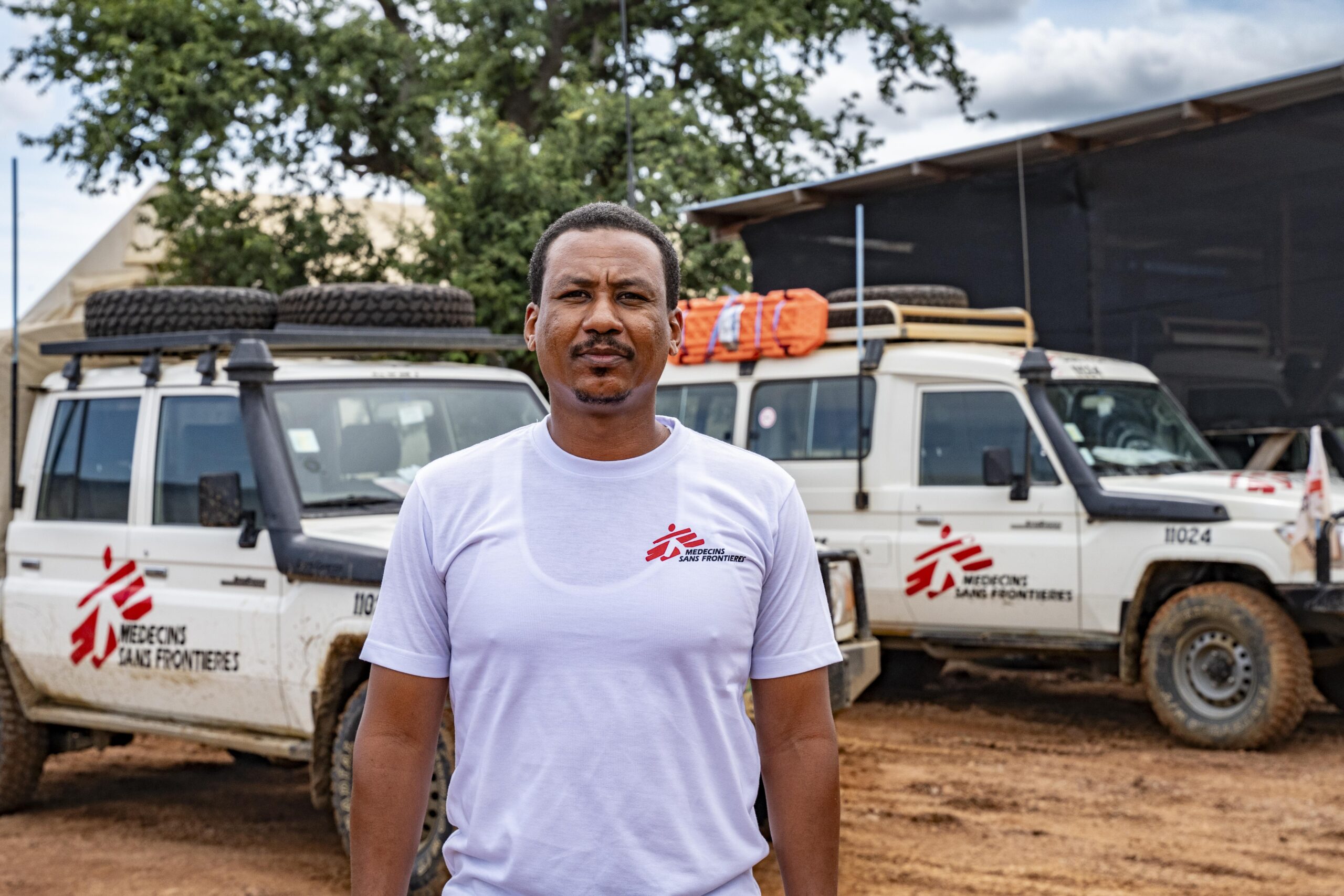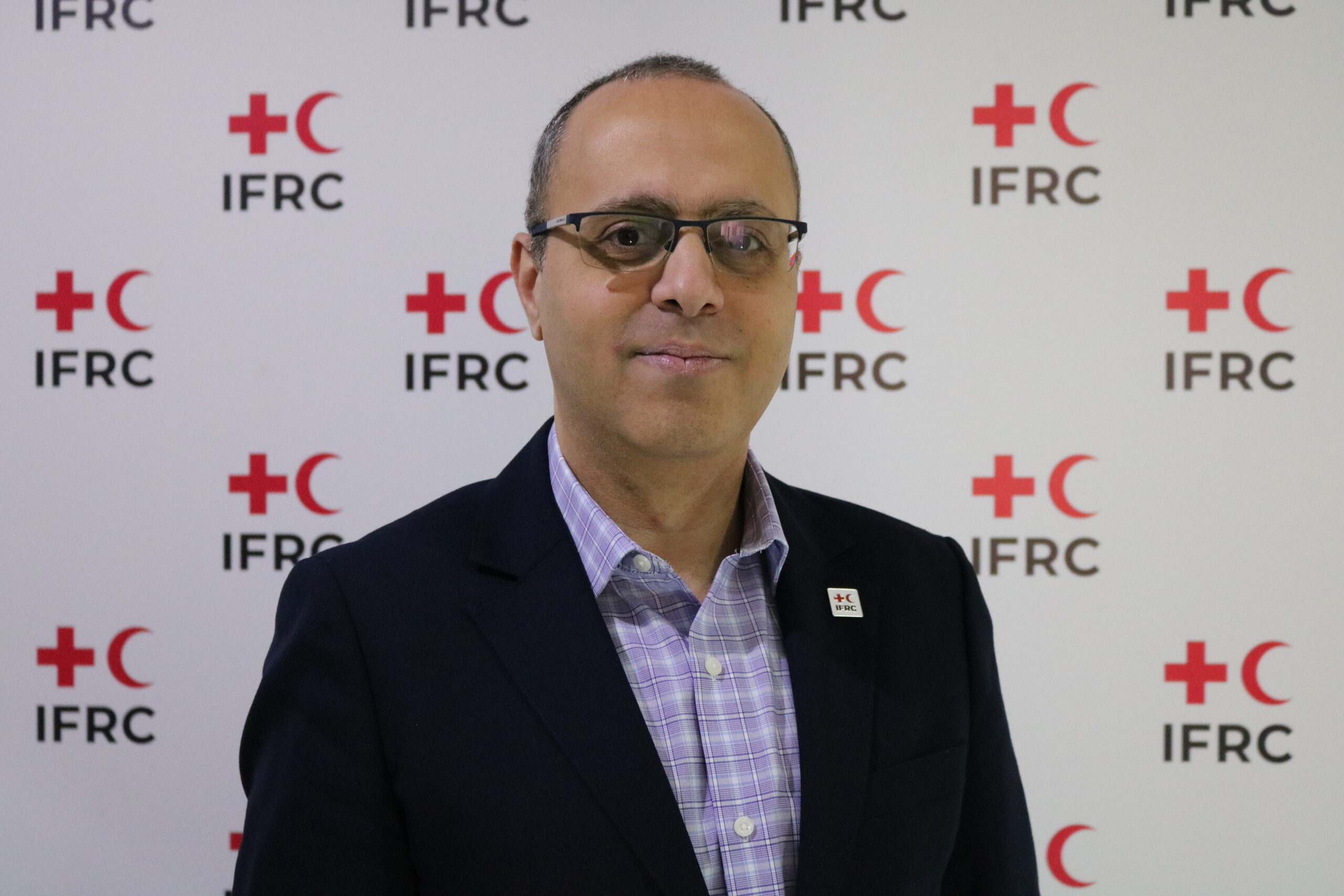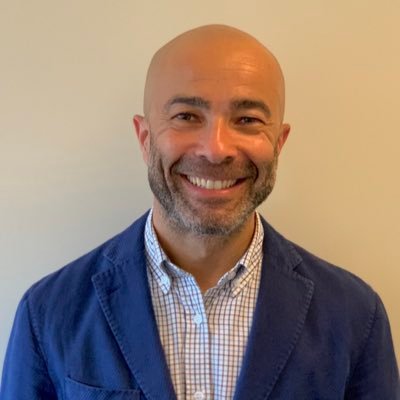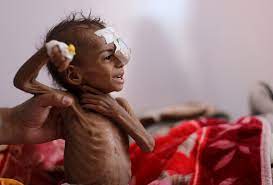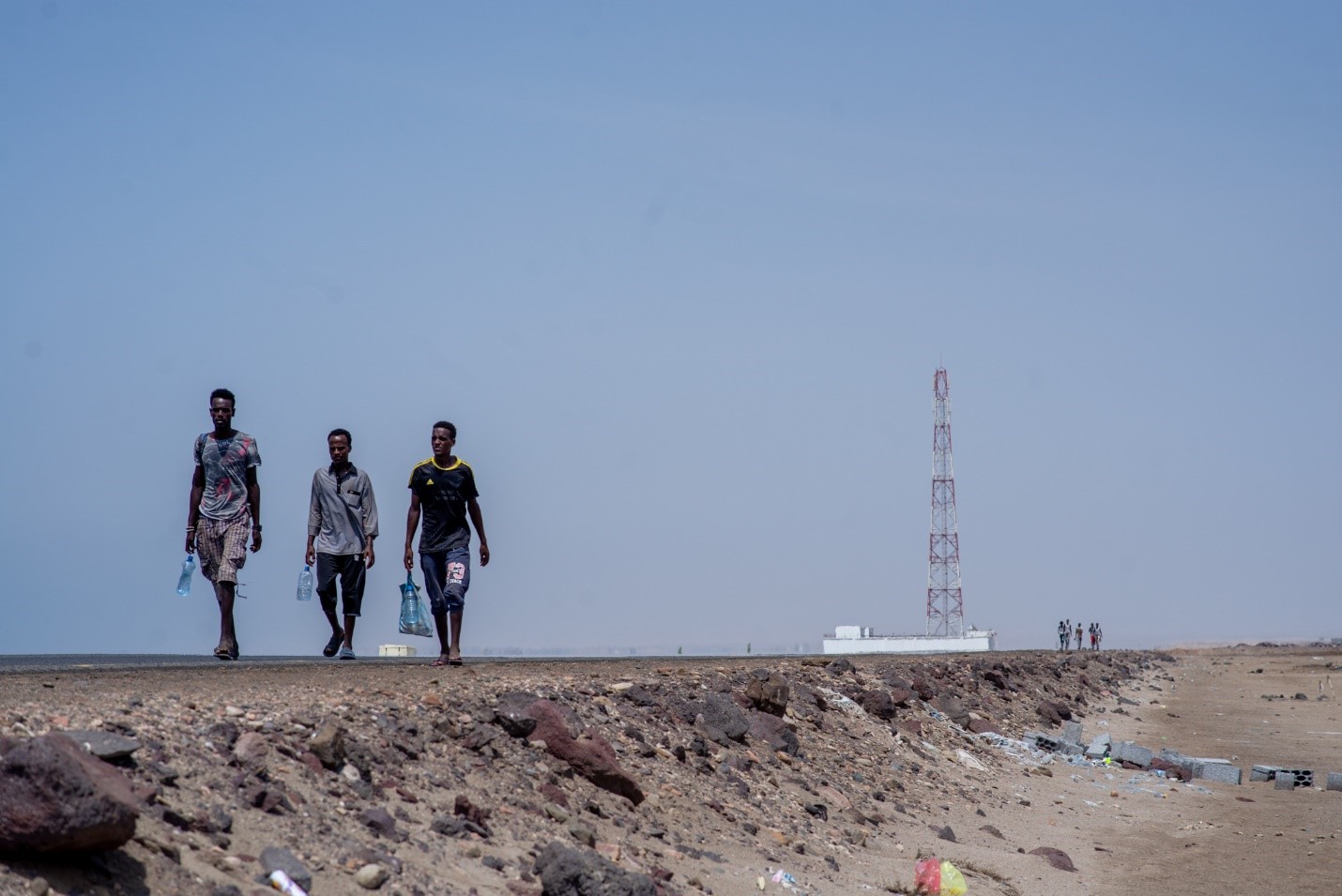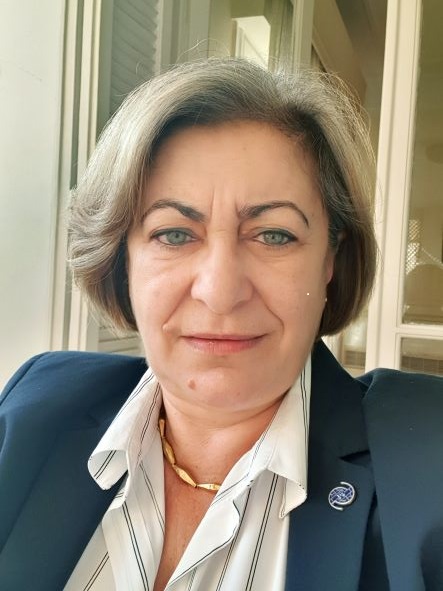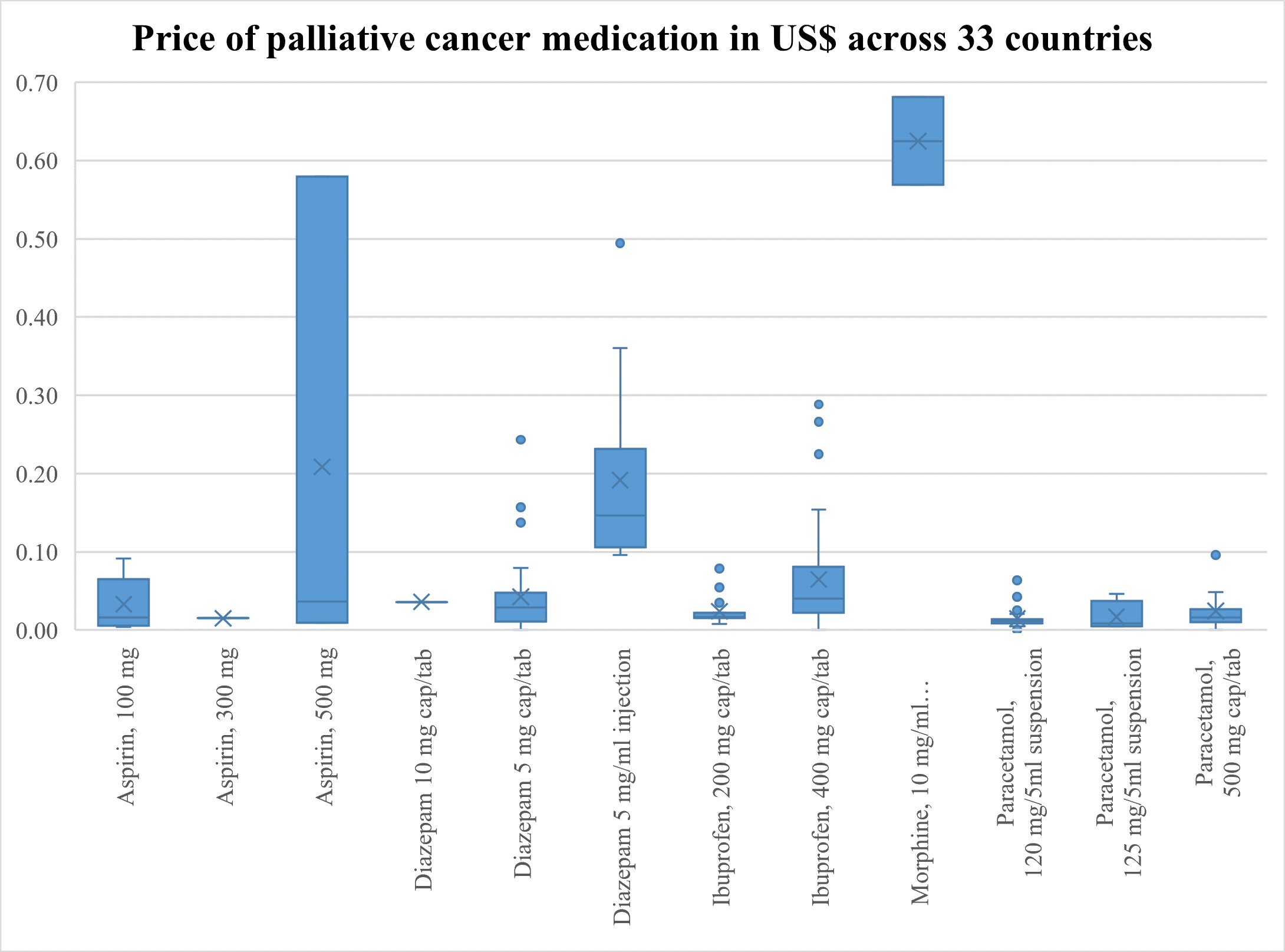Behind closed doors during conflict: An urgent call to step up on ending violence against female migrants in countries in crisis
Stuck behind closed doors, survivors of gender-based violence (GBV) in countries in crisis are often invisible or unreachable for organizations that seek to provide them with specialized assistance for many different reasons: even if services are available to them, they may not be aware of their existence. Survivors may also fear retaliation or stigmatization if they seek specialized support. The COVID-19 pandemic has only exacerbated this situation further.
As a result, many GBV survivors do not receive the care they need. Female migrants, especially those in irregular situations, are particularly at risk of not being noticed. Globally, one in three women and girls in crisis situations experience some form of GBV. Lifesaving protection services, including clinical care for GBV-survivors regardless of their migratory status, continue to be significantly underfunded and deprioritized in humanitarian and post-crisis responses.
Despite years of armed conflict in Yemen, the migratory route from East Africa to the Kingdom of Saudi Arabia (KSA), which passes through Yemen, continues to be one of the most complex and dangerous migration routes in the world. While COVID-19 related restrictions on international travel led to a reduction in the number of migrants taking this route, the International Organization for Migration (IOM) recorded more than 20,000 migrants arriving in Yemen in 2021. It is estimated that one out of every five migrants in Yemen are women or girls.
Since the start of the pandemic, migrants in Yemen have been pushed even further into the shadows and female migrants are at heightened risks of GBV. The reasons for this are multifold: language barriers, the absence of community support structures, but also existing structural and gender inequalities, as well as a lack of safe and regular migration pathways. This, together with concerns over their irregular status, increases the risk of many forms of GBV including rape, domestic violence, exploitation and abuse, early marriage, and human trafficking.
In Libya, a study conducted by IOM demonstrated that the COVID-19 pandemic further decreased women’s access to essential health services as their focus shifted on combating COVID-19. The effect was particularly strong for female migrants for who the barrier of accessing regular service providers was even higher. Similar trends were observed in Iraq, where 65 percent of the assistance providers reported an increase in one or more types of GBV in their areas of intervention during the COVID-19 pandemic, most of it occurring behind the closed doors of the household.
Even though the international attention for GBV has grown significantly over the last years, including through the awarding of the 2018 Nobel Peace Prize to Nadia Murad (Iraq), the funding that is allocated specifically to support survivors of GBV remains limited. In countries like Syria, Yemen, and Libya, fighting has restricted the access of humanitarian organizations to populations that are in dire need of assistance.
When not enough is done to prevent and address GBV regardless of migratory status, its effects can be felt at all levels and in all aspects of society: it is widely acknowledged as a hindrance to social and economic development and the achievement of internationally agreed on targets and objectives, including gender equality and the reduction of poverty.
Despite the important work being done, much more is needed. It is time to prioritize assistance to survivors of GBV in a safe and timely manner regardless of their migratory status and work with communities and governments to put in place laws, policies, and systems that put an end to GBV, to ensure we leave no one behind. IOM will continue to work with all its partners to further integrate GBV in its humanitarian responses for all affected populations and urges its donors to continue providing the much-needed support to do so.



